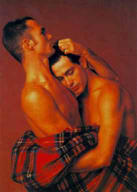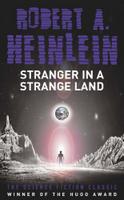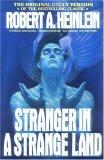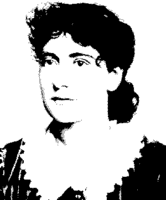Flashman takes part in most of the glorious failures and momentous victories of that era, both for the British and various other governments. He rides with the Light Brigade, is the only survivor to escape the massacre of Custer’s troops at the Little Big Horn and serves in the Indian Mutiny, at Rorke’s Drift and just about every other engagement you can think of.
The last couple of novels that George McDonald Fraser has written have dealt with some of the smaller and less obscure campaigns of that period. Somewhat frustrating for those of us who are desperate to read about Flashman’s involvement in the US civil war (he fought on both sides) or the first Sikh War. This one deals with the little remembered expedition that Britain sent to Abyssinia in 1867, to release the British captives of King Theodore.
 King Theodore was mostly described by people who came into contact with him as “mad”. But this, as Fraser points out in the short appendix is probably an unfair description. The monarch was a brutal, murderous individual, who was given to flights of fancy, split personalities, drunkenness and massacring people. But whether this is enough to get him certified is a different question.
King Theodore was mostly described by people who came into contact with him as “mad”. But this, as Fraser points out in the short appendix is probably an unfair description. The monarch was a brutal, murderous individual, who was given to flights of fancy, split personalities, drunkenness and massacring people. But whether this is enough to get him certified is a different question.The expedition that Britain sent out, was a classic example of the mighty forces of Britian (colonial troops did most of the fighting though) crushing an upstart ruler.
Flashman’s role is peripheral to the main fighting (just as he would prefer!), though he has a significant background part.
It’s an enjoyable read, but I fear that the obscure nature of the event itself means that the work isn’t comparable to earlier stories. On the other hand, it is the sort of novel that will inspire others to read more about this particular period, which in an era of armies being sent abroad to quell rulers who get out of line, is not necessarily a bad thing.





























